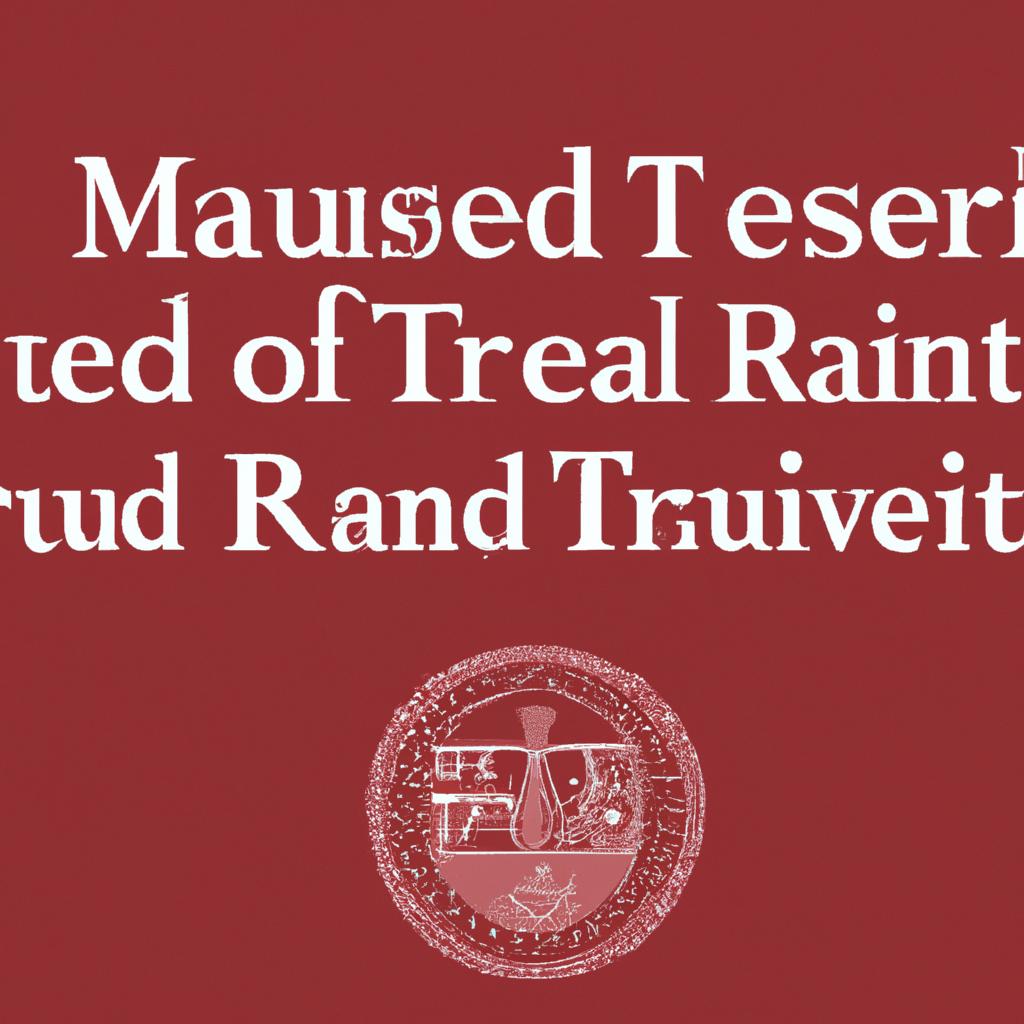In the complex sphere of wealth preservation and estate strategy, trustees are instrumental in protecting the assets and rights of beneficiaries. As the appointed custodian of a trust, they must carefully balance their legal duties with their moral obligations. Let’s explore the world of trust trusteeship, demystifying the intricacies of their essential role in maintaining the smooth functioning and longevity of trusts.
Grasping the Role of a Trust Trustee
As a trustee, you hold a vital role in managing the assets and affairs of the trust for the beneficiaries’ advantage. It is crucial to comprehend the responsibilities and duties that accompany the role of a trustee.
A trustee has a fiduciary obligation to act in the best interests of the trust and its beneficiaries. This involves managing the trust assets wisely, maintaining accurate records, and making decisions that favor the beneficiaries. It is vital to always act in good faith, with honesty and integrity.
Communication is vital as a trustee. Keeping beneficiaries updated about the trust’s activities and decisions is crucial. Being transparent and open about the trust’s operations can foster trust and maintain positive relationships with the beneficiaries.
Primary Responsibilities and Duties of a Trustee
As a trustee of a trust, you are entrusted with the significant task of managing and overseeing the assets and affairs of the trust for the beneficiaries’ benefit. It is essential that you execute your duties with diligence, integrity, and prudence to ensure the trust’s objectives are achieved.
Some duties include:
- Administration: Managing the daily operations of the trust, including maintaining accurate records, preparing reports, and communicating with beneficiaries.
- Investment Management: Making informed decisions on how to invest the trust assets to generate income and preserve capital for the beneficiaries.
- Legal Compliance: Ensuring that the trust is operating in compliance with relevant laws and regulations, and taking appropriate actions to address any legal issues that may arise.
- Conflict Resolution: Resolving conflicts that may arise among beneficiaries or other parties involved in the trust, while always acting in the best interests of the trust.
Challenges Encountered by Trust Trustee and Solutions
Being a trustee of a trust comes with its unique set of challenges that can be overwhelming at times. One of the main challenges trustees face is ensuring that they are acting in the beneficiaries’ best interests while also adhering to the terms of the trust. This can be a delicate balancing act, as trustees must navigate complex legal requirements and make difficult decisions that could impact the trust’s financial health.
Another challenge trustees often face is managing conflicts of interest. Trustees are tasked with making impartial decisions that are in the best interests of the beneficiaries, but they may also have personal relationships or financial interests that could influence their decision-making. It’s crucial for trustees to be transparent about any potential conflicts of interest and to seek guidance from legal and financial experts when necessary.
To overcome these challenges, trustees can take proactive steps to ensure they are fulfilling their duties effectively. This can include regularly reviewing the terms of the trust, seeking advice from professionals, and keeping detailed records of all decisions made on behalf of the trust. By staying organized and transparent, trustees can navigate the complexities of trust management with confidence and integrity.
Optimal Practices for Efficient Trustee Management
When it comes to efficient trustee management, there are several best practices that can help ensure the success of a trust. One important aspect to consider is communication. Trustees must maintain open and transparent communication with beneficiaries to build trust and keep them informed about the trust’s activities.
Another key practice is to stay organized and keep detailed records of all trust transactions and decisions. This will not only help trustees stay on top of their responsibilities but also provide accountability and transparency to beneficiaries.
Furthermore, it’s crucial for trustees to act in the best interest of the trust and its beneficiaries at all times. This means making decisions that align with the trust’s objectives and not allowing personal biases to influence their actions.
Final Thoughts
As we wrap up our exploration of the significant role of a trust trustee, it is evident that their responsibilities are extensive and vital in ensuring the smooth operation of a trust. From managing assets to acting in the best interest of beneficiaries, trustees play a fundamental role in upholding the principles of trust and integrity. We hope this article has illuminated the importance of trustees and their impact on the world of trusts. Thank you for reading.

Unveiling the Role of a Trustee in Managing a Trust
Managing a trust involves a great deal of responsibility and trustworthiness. The person responsible for overseeing a trust is known as the trustee. Trustees play a crucial role in managing the assets held within a trust and ensuring that the wishes of the trust grantor are carried out according to the terms of the trust agreement. In this article, we will delve into the various aspects of the role of a trustee in managing a trust.
Understanding the Role of a Trustee
A trustee is a person or entity appointed to manage the assets and affairs of a trust for the benefit of the trust beneficiaries. The trustee is legally obligated to act in the best interests of the beneficiaries and to fulfill the terms of the trust agreement. Some key responsibilities of a trustee include:
- Managing the assets held within the trust
- Investing the trust assets wisely
- Distributing income and principal to the beneficiaries according to the terms of the trust
- Filing tax returns and paying taxes on behalf of the trust
- Communicating with beneficiaries and keeping them informed about the trust
Benefits of Having a Trustee
Hiring a trustee to manage a trust offers several benefits, including:
- Professional expertise in managing trust assets
- Objective decision-making in the best interests of the beneficiaries
- Relieving beneficiaries of the burden of managing the trust themselves
- Ensuring compliance with legal and tax requirements
Practical Tips for Trustees
Being a trustee comes with many challenges and responsibilities. Here are some practical tips for trustees to effectively manage a trust:
- Understand the terms of the trust agreement thoroughly
- Keep accurate and detailed records of all trust transactions
- Consult with legal and financial advisors when needed
- Communicate openly and regularly with beneficiaries
- Stay informed about changes in laws and regulations that may affect the trust
Case Study: The Role of a Trustee in Action
Let’s look at a hypothetical case study to illustrate the role of a trustee in managing a trust:
| Case Study: Managing a Family Trust |
|---|
| The Smith family appoints their eldest son as the trustee of their family trust. |
| The trustee is responsible for investing the trust assets in a diversified portfolio to generate income for the beneficiaries. |
| The trustee communicates regularly with the beneficiaries to keep them informed about the trust performance. |
| At the end of each year, the trustee distributes income and principal to the beneficiaries according to the trust agreement. |
First-hand Experience: A Trustee’s Perspective
As a trustee, I can attest to the importance of maintaining open communication with beneficiaries and staying informed about legal and financial matters related to the trust. It is essential to approach the role of a trustee with diligence and professionalism to ensure the trust’s success and the well-being of the beneficiaries.
the role of a trustee in managing a trust is multifaceted and requires a high level of responsibility and commitment. By understanding the duties and responsibilities of a trustee, as well as following practical tips for effective trust management, trustees can fulfill their obligations and ensure the trust’s continued success for the benefit of the beneficiaries.


